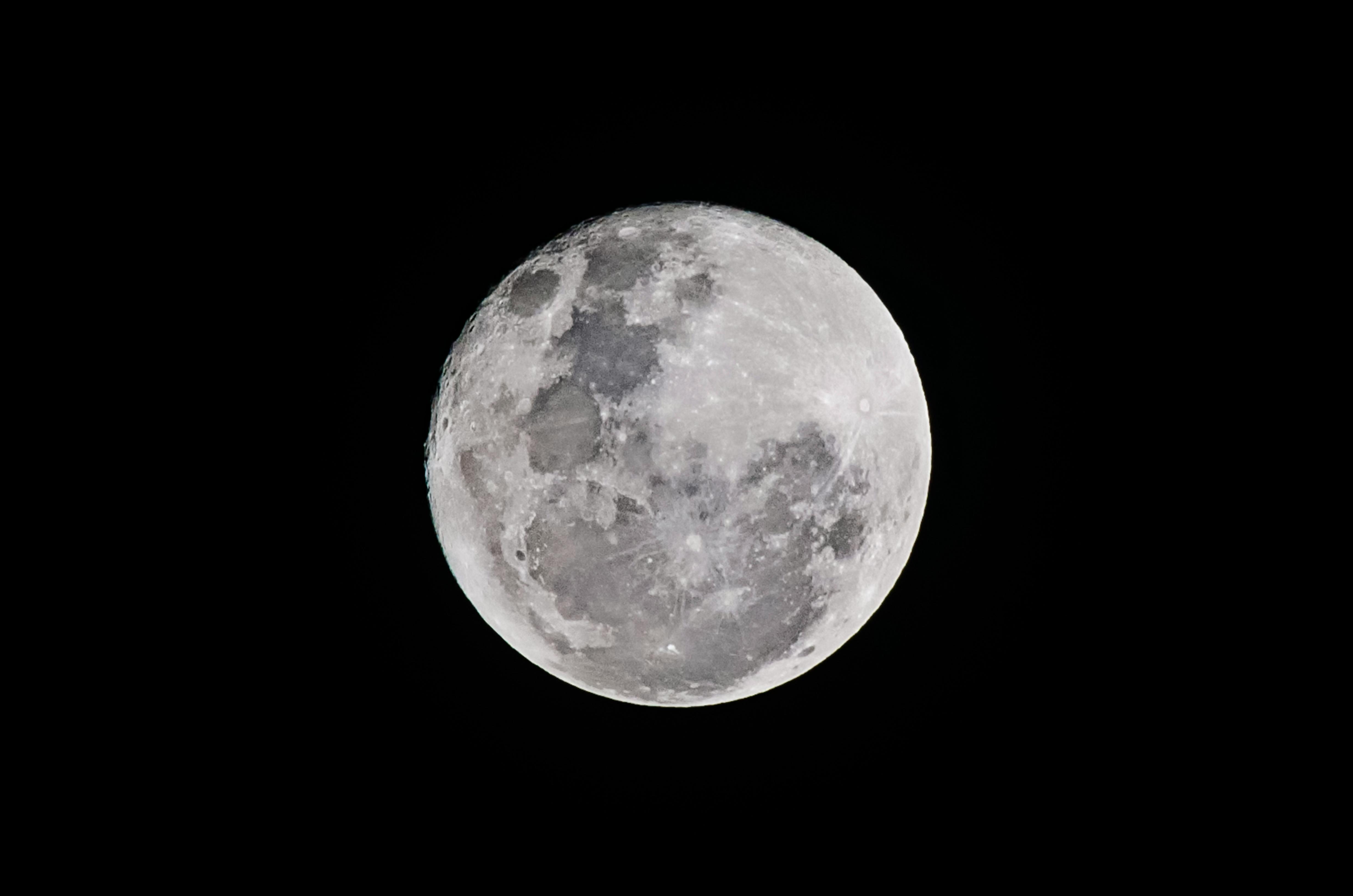Unveiling the Mystique of Moon Tourism: A New Era of Travel and Exploration
New frontiers of exploration have always fascinated humans, and in the 21st century, it's not just about discovering unknown lands on Earth—it's about venturing into the cosmos. As space travel edges closer to becoming a reality for the average citizen, moon tourism emerges as a thrilling prospect. This article explores the intriguing notion of lunar travel, its historical context, the latest advancements, and its potential impact on the world of travel and tourism.

A Historical Perspective on Moon Tourism
The idea of moon tourism is not new; it has its roots in science fiction literature. Early 20th century writers, like Jules Verne and H.G Wells, ignited imaginations with their futuristic novels about space exploration. However, the first real step towards moon tourism was the Apollo 11 mission in 1969, when Neil Armstrong became the first man to set foot on the lunar surface.
The Dawn of Commercial Space Travel
The new millennium saw a surge in private aerospace companies, such as SpaceX, Blue Origin, and Virgin Galactic, aiming to make space travel accessible. In particular, Elon Musk’s SpaceX has been at the forefront, announcing lunar tourism missions and fostering collaborations with international partners to establish a sustainable human presence on the moon.
Moon Tourism: A New Trend in Travel
Moon tourism signifies a paradigm shift in travel trends—replacing traditional terrestrial tourism with a celestial alternative. It offers an enticing blend of adventure, novelty, and the opportunity to experience the awe-inspiring beauty of the lunar landscape and Earthrise.
Advantages and Challenges of Lunar Travel
While the prospect of moon tourism is exhilarating, it is accompanied by several challenges. The primary issues include the high cost of space travel, safety concerns, and the need for rigorous astronaut training for tourists. However, the advantages—such as the unique experience of weightlessness, the thrill of exploration, and the chance to view Earth from space—could outweigh the potential downsides.
Impact on Travelers and the Industry
Moon tourism could revolutionize the travel industry by creating a new category of space tourists. It has the potential to generate substantial economic activity, drive technological innovation, and inspire a new generation of explorers. However, it also raises ethical and environmental concerns that need to be addressed.
Lunar Trivia and Travel Tips
- The term “lunatic” is derived from “lunar,” as ancient Romans believed that changes in the moon caused irregular behavior.
- The moon is the fifth-largest natural satellite in the Solar System.
- Always remember: Space tourism requires physical fitness, so start your astronaut training now!
- Keep an eye on the news: Private aerospace companies often announce missions years in advance.
- Start saving! Lunar travel comes with a hefty price tag.
In conclusion, moon tourism represents an exciting and groundbreaking development in the travel industry. It’s not just about visiting a new destination—it’s about experiencing the thrill of space exploration and viewing our home planet from a fresh perspective. Despite the challenges, the journey towards making lunar travel a reality is underway, and it promises to redefine our concept of adventure. With the rapid advancements in space technology, the moon might just become the next hotspot for intrepid travelers, forever altering our relationship with space and travel.




